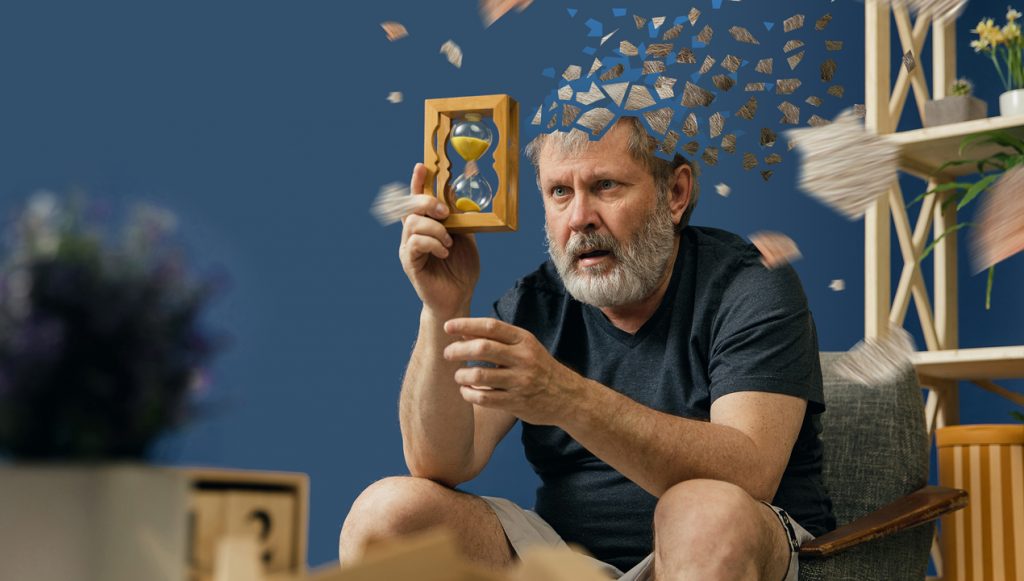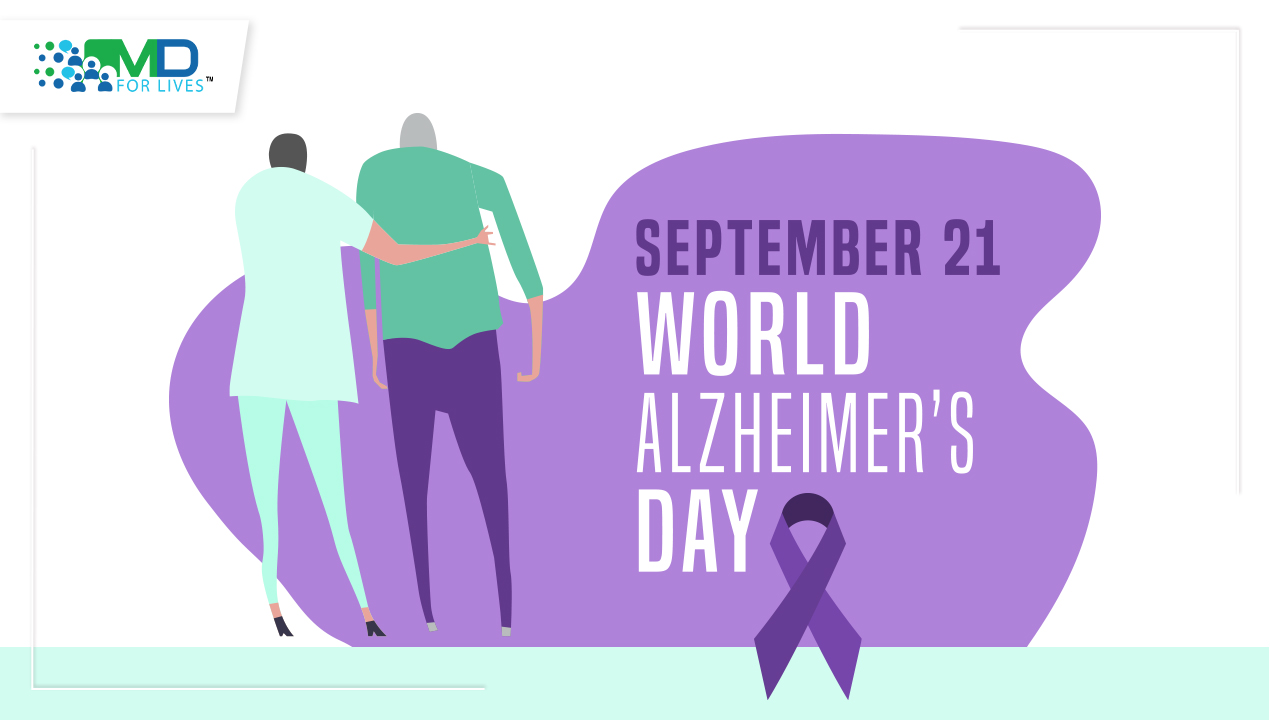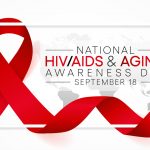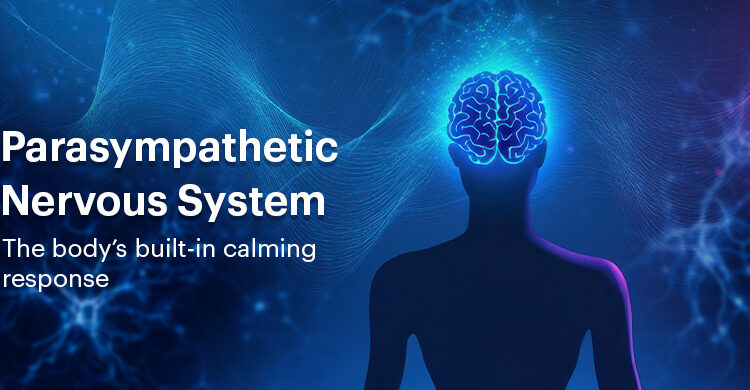On the 21st of September each year, World Alzheimer’s Day is observed as a reminder of the global challenges posed by this disease. Today is the day to raise awareness, reduce stigma and emphasize the importance of building a robust support network for caregivers (physicians) as well as patients.
Please note: World Alzheimer’s Day theme 2023 – “Never too early, never too late”, is a very well-thought-out theme that emphasizes on the importance of early detection and ongoing support in the fight against Alzheimer’s disease. It underscores the idea that addressing Alzheimer’s is a lifelong journey that can bring hope and improve the quality of life at any stage.
Continue reading this blog to discover the importance of establishing a robust support network for both physicians and patients.
THE ROLE OF PHYSICIANS (Caregivers)
Understanding Alzheimer’s Disease
Before we talk about the physician’s role in understanding Alzheimer’s, it is vital to get an idea about how this disease has impacted the citizens of the United States.

According to the Alzheimer’s Association, this disease affects over 6 million Americans across all age groups. In 2023, approximately 6.7 million Americans aged 65 and above are coping with Alzheimer’s, with 73% of them being 75 or older. This disease not only takes a toll on patients but also on their families, friends and healthcare providers.
Now, shifting our focus to the responsibilities of physicians, as they hold a pivotal role in the diagnosis and effective management of Alzheimer’s disease. A physician who deals with Alzheimer’s patients must stay updated with the latest research, diagnostic tools and treatment options. Keeping abreast of advancements can enable Physicians to provide accurate information about Alzheimer’s to the patients and support them during this tedious journey of loss of memory and thinking skills.
For doctors seeking the latest Alzheimer’s insights and a professional network, we invite you to become a member of the MDForLives Community. Sign in today to stay ahead in your field!
Educating Patients & Their Families
Physicians should educate patients and their family members about the disease, its progression and available treatment options. This helps in setting realistic expectations (since there’s still no cure discovered for Alzheimer’s) and planning for the future. Providing educational materials, online resources and helping them find appropriate support groups can empower patients and their families with knowledge and coping strategies.
Offering Emotional Support

Your task as a physician does not end with Alzheimer’s diagnosis and treatment. You must be prepared to provide emotional support to your patients and their families. Compassion, empathy and a willingness to listen can go a long way in helping individuals navigate the challenges ahead.
So, this world Alzheimer’s month, pledge to be emotionally available for your patients who are dealing with this disease.
Facilitating Support Groups
Physicians can also facilitate support groups or refer patients and caregivers to them. Support groups provide a safe space for sharing experiences, gaining insights and reducing feelings of isolation. Connecting patients and their families with others facing similar challenges can be immensely beneficial!
THE PATIENT’S PERSPECTIVE
Acceptance and Self-Care
Upon learning of their Alzheimer’s diagnosis, patients often grapple with overwhelming emotions, feeling as though their world has been upended. However, embracing the diagnosis and prioritizing self-care represent two crucial and prudent steps forward.

Below mentioned are a few crucial things that an Alzheimer’s patient has to follow rigidly:
- Proper treatment plans
- Maintaining physical & mental health
- Adopting lifestyle changes that can slow the disease’s progression. According to a study conducted right before World Alzheimer’s Day 2023 included data from nearly 3,000 research participants, those who led a healthy lifestyle were found to have a 60% lower risk of Alzheimer’s. By healthy lifestyle we mean – engaging in exercise, avoiding smoking, consuming alcohol in moderation, maintaining a nutritious diet and participating in cognitive activities.
Open Communication
Patients suffering from Alzheimer’s should maintain open communication with their healthcare providers, sharing their concerns, symptoms and any changes they notice. Regular check-ups are crucial to monitor the disease’s progression and adjust treatment plans as needed.
Building a Supportive Network
Patients must also proactively build a support network that includes – family, friends and support groups composed of medical professionals or patients who are dealing with the same disease. Establishing a supportive network allows patients to share their journey with loved ones, fostering emotional well-being and a sense of belonging.
UNITE FOR ALZHEIMER’S

On World Alzheimer’s Day 2023 and every day, we request the patients as well as the caregivers to unite and face this challenging disease. Building a robust support network is vital for everyone involved. Physicians dealing with Alzheimer’s must stay informed and provide education, empathy and support. Patients on the other hand should focus on self-care, open communication and building a supportive network.

MDForLives is a global healthcare intelligence platform where real-world perspectives are transformed into validated insights. We bring together diverse healthcare experiences to discover, share, and shape the future of healthcare through data-backed understanding.






